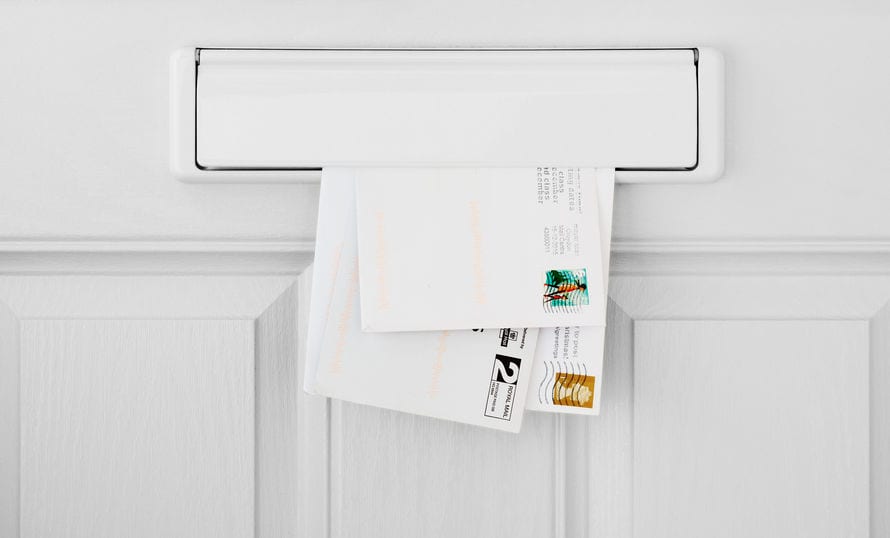Why Did I Receive a CP71 Notice from the IRS?
Taxpayers who owe back taxes to the IRS will receive a CP71 notice every year until the tax debt is paid in full. CP71 notices contain information about the current amount of the unpaid tax balance and the date by which the taxpayer should pay to avoid accruing additional interest and penalties.
The IRS has three other CP71 notices they send to taxpayers depending on the specific tax situation: CP71A, CP71B, and CP71C. However, the most common statement for unpaid taxes is a CP71 letter.
Does the CP71 Balance Include Interest and Penalties?
Yes, annual CP71 notices include the full amount owed, including penalties and interest. Keep in mind that if a taxpayer is in deferred status, their account is considered non-collectible until the person’s financial situation improves.
CP71A and CP71C Notices
These notices not only contain information about a current tax debt but also inform a taxpayer their U.S. passport may be or may have already been revoked or denied. According to the Fixing America’s Surface Transportation Act (2015), the U.S. State Department can stop the renewal or issuance of passports to taxpayers with excessive and delinquent tax debts.
CP71B Notice
In addition to providing details about a past due tax debt, CP71B notices explain how a taxpayer may resolve this issue:
- By paying the balance in full via mail or online.
- By paying as much as possible, even if the taxpayer cannot pay the balance in full, and setting up a payment plan with the IRS.
- By qualifying for a payment plan or installment agreement.
- By providing proof to the IRS that you are suffering from financial hardship and cannot make payments at this time. Someone experiencing hardship can also submit an Offer in Compromise to request to have their total tax debt amount reduced.
Do I Have to Make a Tax Payment When I Receive a CP71?
No, you do not have to make a payment when you receive a CP71. This notice is simply an annual reminder you have a tax debt. However, you will continue to accrue interest and penalties on your back taxes until you pay.
In some cases, a taxpayer may not know they have past due taxes when they receive a CP71. When this happens, the taxpayer should contact the IRS as soon as possible to resolve a potential error or find out why they owe the IRS.
What Do I Do If I Can’t Pay My Unpaid Taxes?
The IRS offers several payment options to avoid tax litigation, liens and levies, wage garnishment, and/or passport revocation:
- Short-term extension to pay in full (payment must be made in less than 120 days).
- Long-term installment agreement (fixed monthly payments over time).
- Offer in Compromise (reduce total back taxes owed).
- Delaying payments due to financial hardship (Currently Not Collectible status).
Note that while the IRS may waive penalties on unpaid taxes under certain circumstances, they cannot waive interest charges.
Installment agreements can be made online if the taxpayer owes less than $50,000. Taxpayers owing over $50,000 may be eligible for an installment agreement but will need to submit additional forms before the IRS agrees to the installment plan.
Will the IRS Issue a Levy After Sending a CP71 Notice?
When the IRS issues a levy to a taxpayer, this indicates the IRS plans to seize the taxpayer’s bank account, garnish wages, or take property or other liquid assets to pay off a tax debt. Levies are not issued to taxpayers solely because they received a CP71 notice in the mail.
It is only after the IRS has sent a Notice and Demand for Payment and a Final Notice of Intent to Levy that a taxpayer would receive a legally authorized IRS levy.
What Do I Do If I’m Already on an IRS Payment Plan or My Taxes are Currently Not Collectible?
If you receive a CP71 notice and already have an agreement with the IRS for your unpaid taxes, call the IRS immediately to determine the next steps. When you call, you will need your IRS documents to verify you are already on a payment plan or are Currently Not Collectible.
Need more help? You can schedule a free call by going to: https://www.wiztax.com/schedule or start online by answering 6 simple questions. We never charge for ‘investigations’ or consultations.
6 Simple Questions. Free Evaluation.
Join our Newsletter
Enter your email address to join our free newsletter. Get all the latest news and updates.

